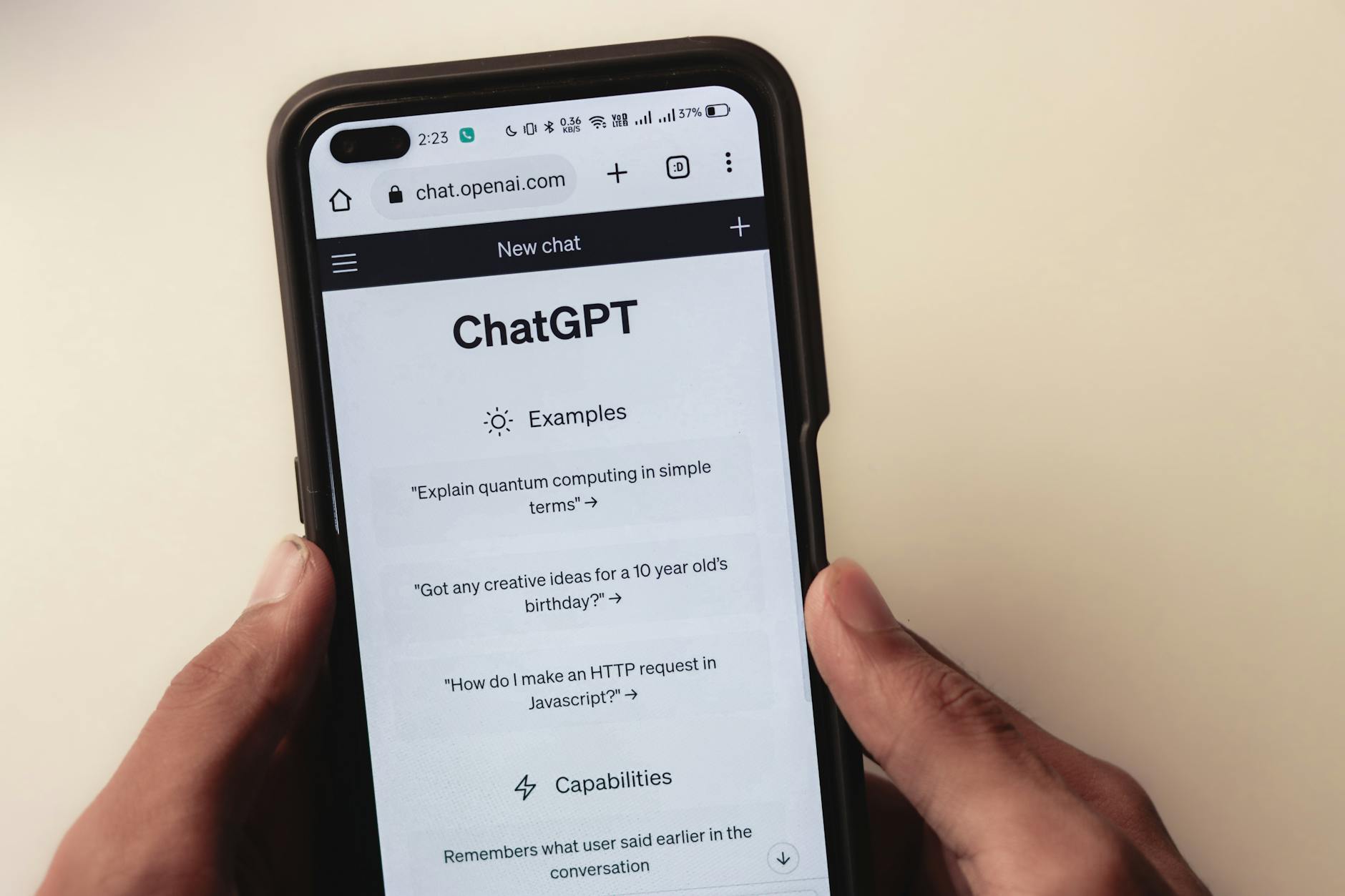Strata’s Smart Scroll: A Band-Aid or a Breakthrough for AI’s Tooling Problem?

Introduction: In the burgeoning world of AI agents, the promise of truly autonomous digital assistants has consistently stumbled over a fundamental hurdle: getting large language models to reliably use a vast array of tools. A new contender, Strata, claims to have a progressive solution, but we must ask if this elegant approach truly solves the core issue or merely artfully sidesteps it.
Key Points
- Strata’s progressive tool discovery offers a compelling, structured method to mitigate AI’s “choice paralysis” and token budget issues with extensive toolsets.
- This approach has the potential to unlock profoundly deeper and more intricate AI-driven workflows by making granular API access manageable for LLMs.
- The sustainability and scalability of managing and maintaining extensive, accurate tool taxonomies remain a significant practical challenge, potentially shifting the complexity rather than eliminating it.
In-Depth Analysis
The AI agent dream is simple: an autonomous entity that can understand complex requests and orchestrate multiple actions across disparate applications to achieve a goal. The reality, however, has been a messy affair. As the Klavis AI team rightly points out, current AI agents, even sophisticated ones like those from Google’s Gemini, choke on an abundance of tools. They struggle to pick the right API from hundreds, and the sheer volume of tool descriptions consumes precious token budgets, limiting context windows and escalating costs. Most “tool servers” thus cap their offerings, sacrificing depth for manageability.
Strata’s proposed solution, rooted in a “human-like” progressive discovery model, is genuinely intriguing. Instead of dumping every conceivable API function into the LLM’s prompt, Strata guides the AI through a hierarchical drill-down. An initial query identifies the core application (e.g., GitHub), then presents categories (e.g., Repos, PRs), allowing the AI to select and progressively narrow down to the specific action (e.g., `list_pull_requests`) and its parameters. This approach directly addresses the token crunch by only exposing relevant information at each step, and it tackles choice paralysis by transforming a flat list of hundreds into a navigable, reasoned path.
The implications for unlocking advanced AI workflows are significant. By allowing agents to access “hundreds of granular features for a single app,” Strata moves beyond simplistic integrations. Imagine an AI agent not just creating a Jira ticket, but querying specific project statuses, updating subtasks, assigning users based on availability, and then posting a summary to a Slack channel, all through deep, interconnected API calls that would traditionally overwhelm an LLM. The benchmark improvements cited, though modest in percentage, suggest a meaningful uplift in `pass@1` rates, indicating better initial tool selection – a critical bottleneck. This isn’t just about making simple tasks easier; it’s about making complex, multi-step, multi-application workflows possible, pushing AI agents from basic chatbots to true automated orchestrators. The inclusion of authentication management and a built-in search tool further refines the agent’s environment, acknowledging the practicalities of real-world enterprise integration.
Contrasting Viewpoint
While Strata’s hierarchical discovery method offers an elegant solution to the problem of tool overload, it’s fair to ask if we’re seeing a genuine breakthrough or a clever re-packaging of existing challenges. The “progressive discovery” itself relies heavily on the LLM’s reasoning capabilities to navigate categories and select actions. This isn’t fundamentally different from prompt engineering; it’s just a more structured and externalized form of it. What happens when the initial LLM classification is wrong, or the query falls between categories? This could lead to multiple conversational turns, increasing latency and potentially still resulting in failure, albeit a more guided one. The “taxonomy trap” looms large: who builds and maintains these thousands of categorized tool definitions, especially as APIs evolve? For truly massive, bespoke enterprise environments, this could become an immense burden, effectively shifting the complexity from prompt engineering to infrastructure and content management. Furthermore, while benchmarks are promising, an 83% accuracy on “complex, real-world multi-app workflows” still leaves a significant margin for error, which in critical business processes could be unacceptable.
Future Outlook
In the next 1-2 years, Strata’s progressive discovery model is likely to gain traction, particularly in enterprises looking to operationalize AI agents beyond proof-of-concept stages. Its open-source nature lowers the barrier to entry, while the commercial offering promises more robust features for production. The biggest hurdle will be establishing Strata, or the “MCP server” concept it embodies, as a standard layer in the AI agent stack, similar to how vector databases became integral to RAG systems. The continued evolution of LLMs, with ever-larger context windows, might somewhat alleviate the token budget pressure, but the fundamental problem of choice paralysis and structured reasoning through vast toolsets will persist. The most significant challenge will be the ongoing investment required for companies to define, categorize, and maintain these extensive tool taxonomies. Success will depend on Strata’s ability to offer tools and workflows that simplify this content management, ensuring that the progressive discovery doesn’t just push the maintenance burden onto the end-user. Expect fierce competition from existing cloud providers and AI platform vendors who will undoubtedly integrate similar capabilities into their own offerings.
For more context, see our analysis on [[The Persistent Challenge of LLM Hallucinations and Reasoning]].
Further Reading
Original Source: Launch HN: Strata (YC X25) – One MCP server for AI to handle thousands of tools (Hacker News (AI Search))